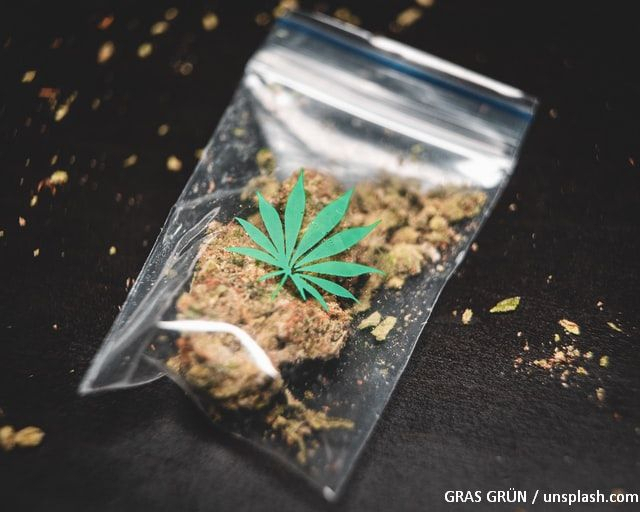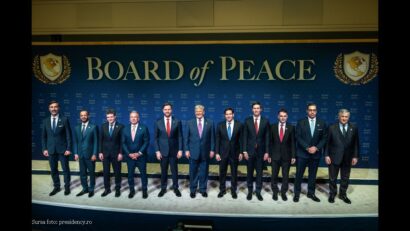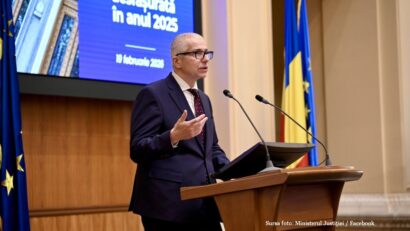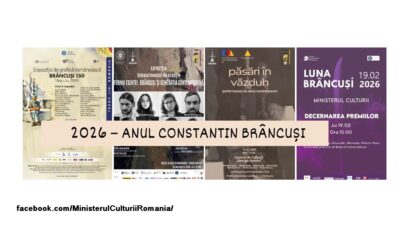Drugs, in the attention of the Supreme Defense Council
Romanias Supreme Defense Council approaches drug trafficking and consumption, for the first time, as a major risk to national security.

Bogdan Matei, 13.10.2023, 14:00
For decades, Romania was said to be immune to the scourge of drugs, which were already wreaking havoc in Western Europe and North America for a long time. Until 1989, the police state created by the communist dictatorship was invulnerable to drug trafficking. Later, socio-economic theories emerged, according to which Romanians were too poor, when they escaped communism, to afford spending money on drugs. This illusion was gradually shattered and today, in the poorest neighborhoods of Bucharest, which residents themselves call ghettos, drugs are sold on the street, in broad daylight. The large festivals of techno music and related genres, such as Untodl (in Cluj, in the northwest) or Neversea (in Constanța, southeast), give the police, every time, the opportunity to announce how many consumers they catch and how many dealers they detain.
A dismantled drug network in a prestigious high school in Bucharest had among its members the offspring of an employee with the Ministry of Foreign Affairs and of one with the Prosecutors Office. This week, a judge with the Criminal Section of the Court in Suceava has been arrested for 30 days, on charges of bribery, drug possession and disclosure of information not intended for the public, which she apparently gave traffickers. However, the strongest shock felt in society took place in August, when a young drug-driver, from a very rich family, killed two people in a car accident, in a Black Sea resort.
Following these terrible events, Romania’s Supreme Defense Council, chaired by President Klaus Iohannis, decided, on Thursday, to set up an inter-institutional working group to effectively prevent and combat the risks generated by drug trafficking and consumption. It will be made up of state secretaries, representatives of the Romanian Intelligence Service, prosecutors and anti-drug specialists, all coordinated by the Government. This is, according to the media, the first time that drug trafficking and consumption are approached as major risks to individual and national security.
The group will draw up a joint action plan, with clear objectives, measures and responsibilities, for the effective prevention and combating of the risks generated by drug traffic and consumption. Operational working groups will also be established at county level, given that this problem is present everywhere in Romania. The Government will analyze the legal framework related to drug trafficking and consumption and will formulate proposals regarding the revision of normative acts, in order to eliminate loopholes. Also on Thursday, the Government announced that the number of prosecutors with the Directorate for the Investigation of Organised Crime and Terrorism (DIICOT) will be increased by another 25, tasked with combating drug trafficking in Bucharest, Ilfov county and other sensitive locations across the country. (EE)






























